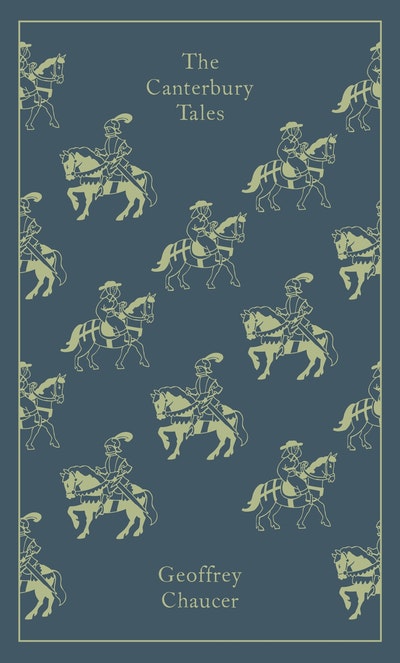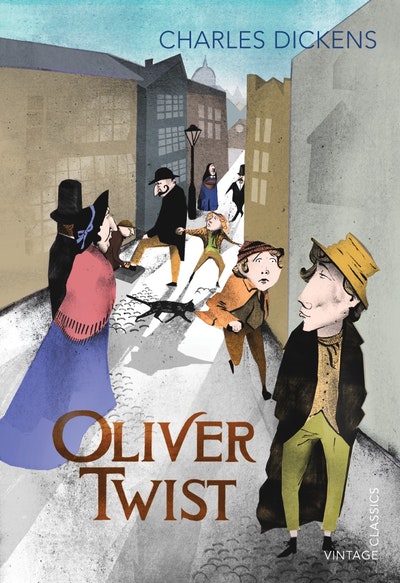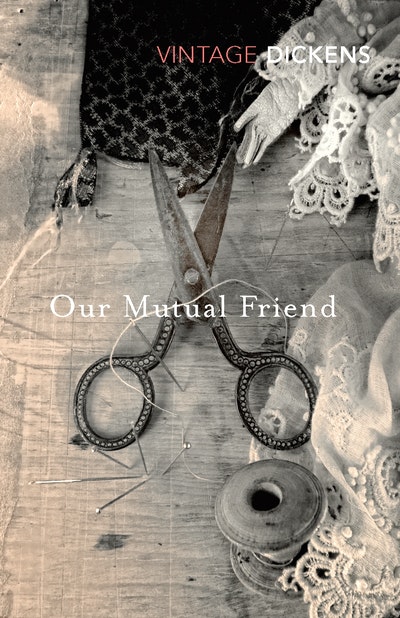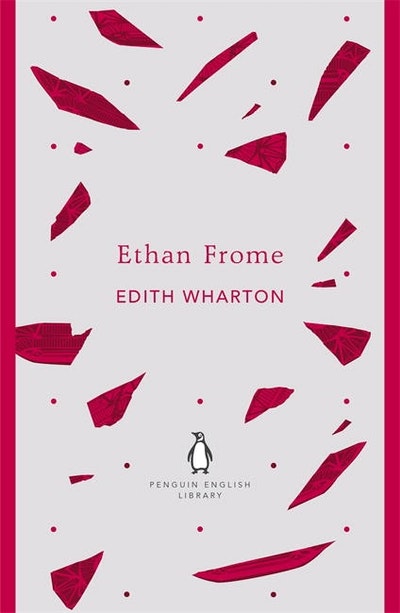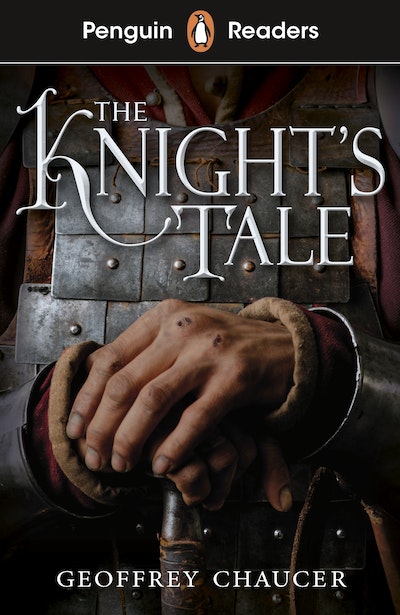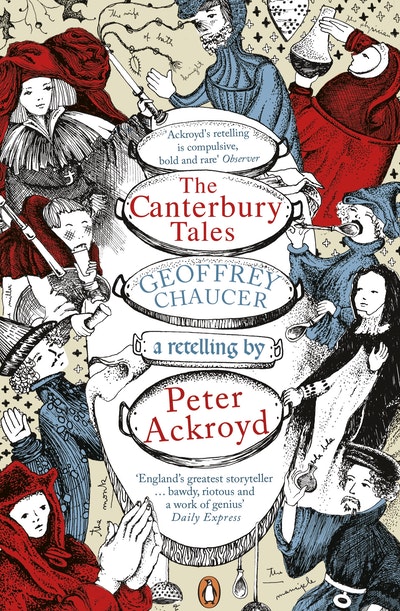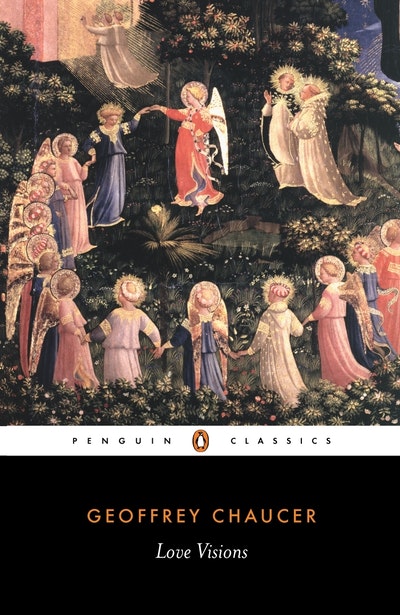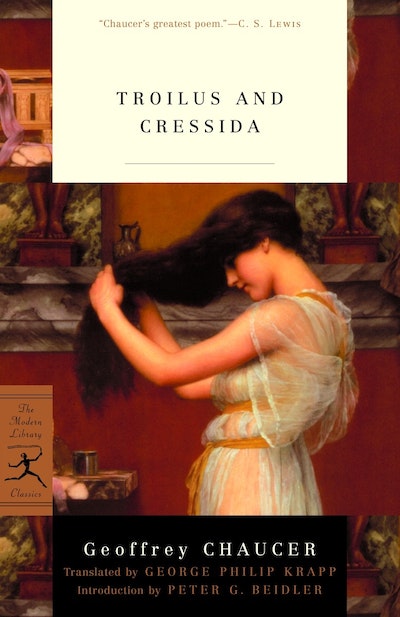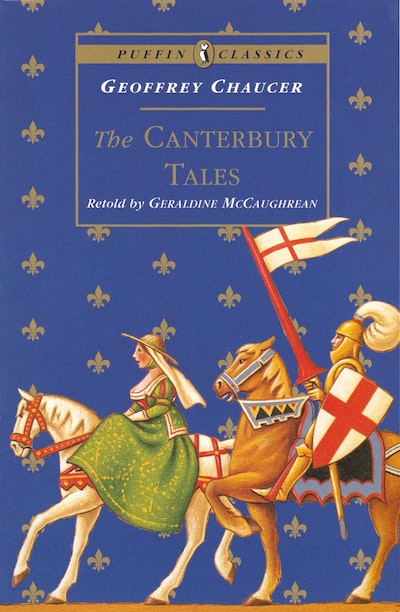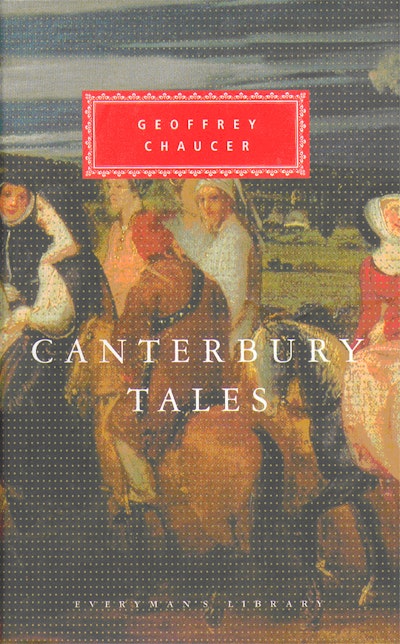- Published: 20 November 2013
- ISBN: 9780141393216
- Imprint: Penguin Classics
- Format: Hardback
- Pages: 528
- RRP: $39.99
The Canterbury Tales
One of the great masterworks of English literature, in a gorgeous new clothbound edition
Part of Penguin's beautiful hardback Clothbound Classics series, designed by the award-winning Coralie Bickford-Smith, these delectable and collectible editions are bound in high-quality colourful, tactile cloth with foil stamped into the design.
In The Canterbury Tales Chaucer created one of the great touchstones of English literature, a masterly collection of chivalric romances, moral allegories and low farce. A story-telling competition between a group of pilgrims from all walks of life is the occasion for a series of tales that range from the Knight's account of courtly love and the ebullient Wife of Bath's Arthurian legend, to the ribald anecdotes of the Miller and the Cook.
- Published: 20 November 2013
- ISBN: 9780141393216
- Imprint: Penguin Classics
- Format: Hardback
- Pages: 528
- RRP: $39.99
